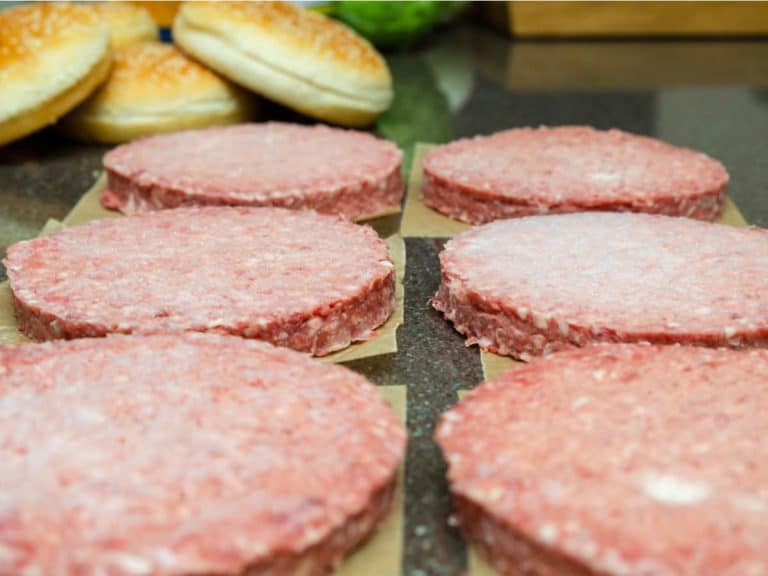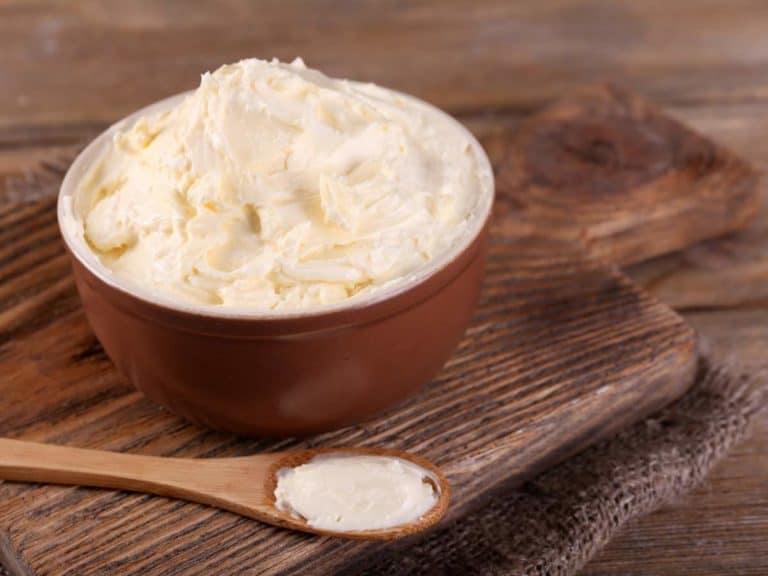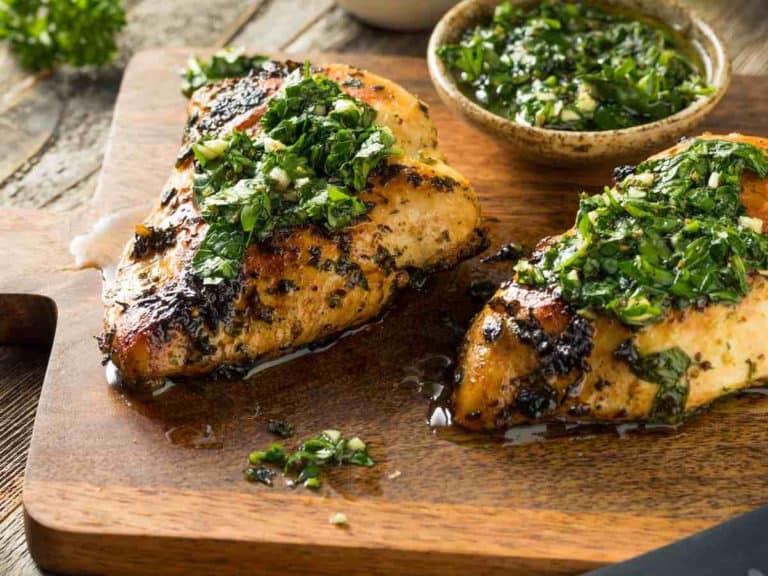Can You Heat Avocado?
Everyone agrees that avocados are some of the healthiest fruits known to man. However, when it comes to whether or not avocados can be heated, opinions are divided.
It’s possible to heat avocado. Contrary to what some people say, heating avocado does not make it poisonous or unfit for consumption. However, heating avocado may cause it to become brown and mushy and lose some of its flavors, too. A little olive oil and lemon juice can minimize the changes.
Bored of eating avocado in the usual way — with a little seasoning, added to salads, as toppings, in guacamole — and you want to give heating or cooking it a try? Keep reading.
In this post, you will learn that, contrary to popular belief, exposing avocado to heat is perfectly fine and that it can in fact result in some of the most mouthwatering and healthful treats on the planet. By the time you are through checking out this article, you will have the urge and inspiration to try so many cooked avocado recipes out there!
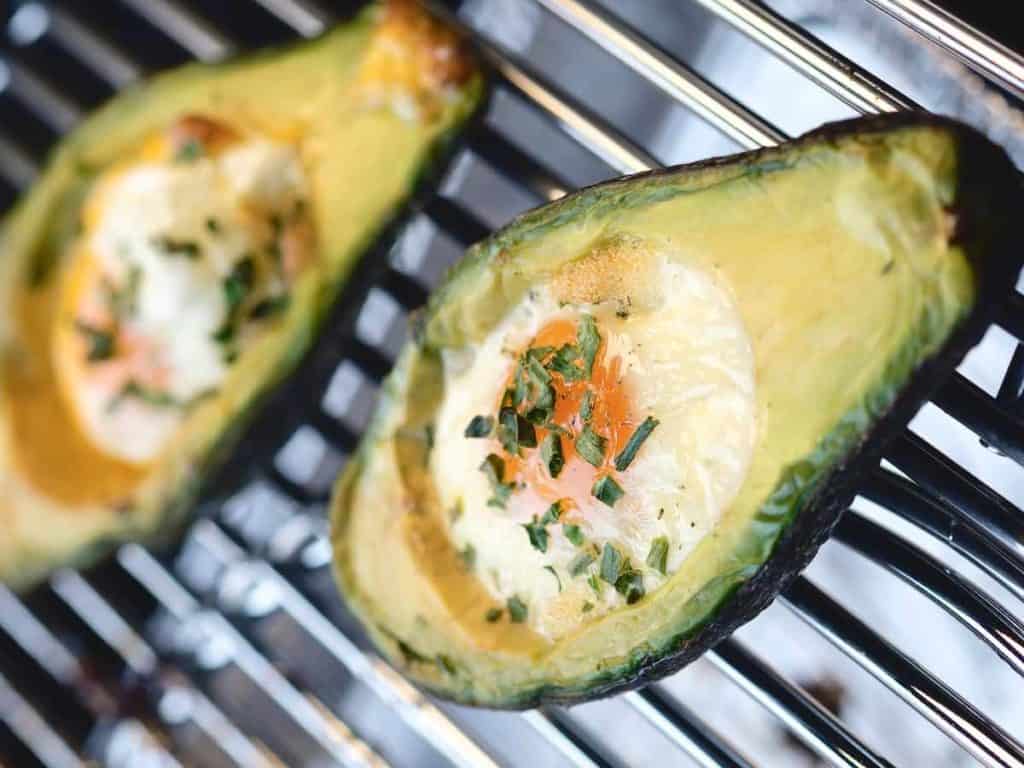
When Should Avocado be Cooked?
Stuffing avocados with eggs or meat requires cooking. In many instances, avocados are grilled, roasted or deep-fried and served as appetizers or side dishes. Avocados can also be added to a variety of soups to make them creamy and hearty, and also to a number of baked products to make them rich and moist.
One of the nicest things about avocado is that it can be eaten as it is, usually with a little salt and pepper.
However, this tropical fruit can also be enjoyed in so many other ways. As a matter of fact, just like apples, pears, peaches, plums, apricots and bananas, avocados can be cooked, too.
You can easily come across velvety smooth avocado soup recipes online, some are best served piping hot while others are best served chilled. There are also numerous grilled avocado recipes available in cyberspace as well as recipes on how to turn avocados into healthier alternatives to French fries by tossing slices of them into the oven or fryer.
Then there are also many online recipes that incorporate avocado into baked goodies — an avocado is rich in healthy fats, which makes just about any baked treat to which it is added moist and delicious.
However, there is a downside: exposure to heat can cause avocado to turn brown. Similarly, it can end up with a somewhat mushy texture and lose some of its nutty or butter flavor in the process, too. But the good news is that you can keep the unnecessary changes to a heated or cooked avocado to a minimum.
And this brings us to this pressing question…
How Do You Keep Avocado From Browning?
To keep sliced avocados from browning, exposure to the elements should be minimized. This can be done by placing them in an airtight container or coating them with olive oil or lemon juice. If avocados are sliced for cooking purposes, exposure to lower temperatures or keeping the cooking time short can be done.
Many fresh produce turn brown when peeled or sliced. That’s because some of the enzymes in them are exposed to and react with oxygen in the air, resulting in oxidation that can cause them to become brown.
Fortunately, the browning of fruits and vegetables is a matter that’s purely cosmetics.
So, in other words, it’s perfectly fine to eat them. The same goes for a sliced avocado — you can still eat it even if it’s brown. In order to keep sliced avocados from browning, you may brush a little lemon juice on them, which can help minimize oxidation. You may also coat them with a little olive oil to prevent exposure to oxygen in the air.
Avocados can brown, too, if heated or cooked, which is probably why a lot of people who would like their avocados to stay pretty avoid baking, grilling, frying or microwaving them.
It’s not just browning that can happen to avocado when exposed to high temperatures — it can also become mushy and even lose a little of its flavor. Lowering the temperature or shortening the cooking time can help keep these unwanted but completely harmless chemical and physical changes from happening.
Some of the nutrients in avocado can be damaged by excessive heat, too, in particular heat-sensitive ones such as immune-boosting vitamin C and energy-producing B vitamins.
Does Microwaving Avocado Ripen It?
Microwaving an unripe avocado does not ripen it. What microwaving does is soften the flesh of the avocado. However, it cannot make an unripe avocado have a creamy texture and a slightly nutty or buttery taste. The flesh of an unripe avocado softened in the microwave is edible, albeit somewhat tasting bitter.
Perhaps you have heard from someone that nuking an unripe avocado in the microwave can ripen it.
Here’s a fact: that’s not a fact! As mentioned above, it’s true that the microwave can soften the hard flesh of an unripe avocado, thus making it easier to cut, slice, mash or eat.
The microwave cannot make an unripe avocado ripen in just a few seconds — the ripening process of an avocado can be as long as up to a full week. But the good news is that you don’t really have to wait for avocado to fully ripen before you can consume it — yes, it’s safe to eat an unripe avocado, but the experience is nothing like eating a ripe avocado.
If you love avocados primarily for the nutrients in them, you will be more than happy to learn that an unripe avocado has the exact same nutrient profile as a ripe avocado.
However, your body may not be able to assimilate all of the healthy fats, vitamins and minerals in an unripe avocado since its flesh is hard and thus difficult to digest. This is when a microwave can come to the rescue — it can soften the unripe avocado’s flesh. Or you can wait for a few days until the tropical fruit is completely ripe.
And this leads us to this question many would like to ask…
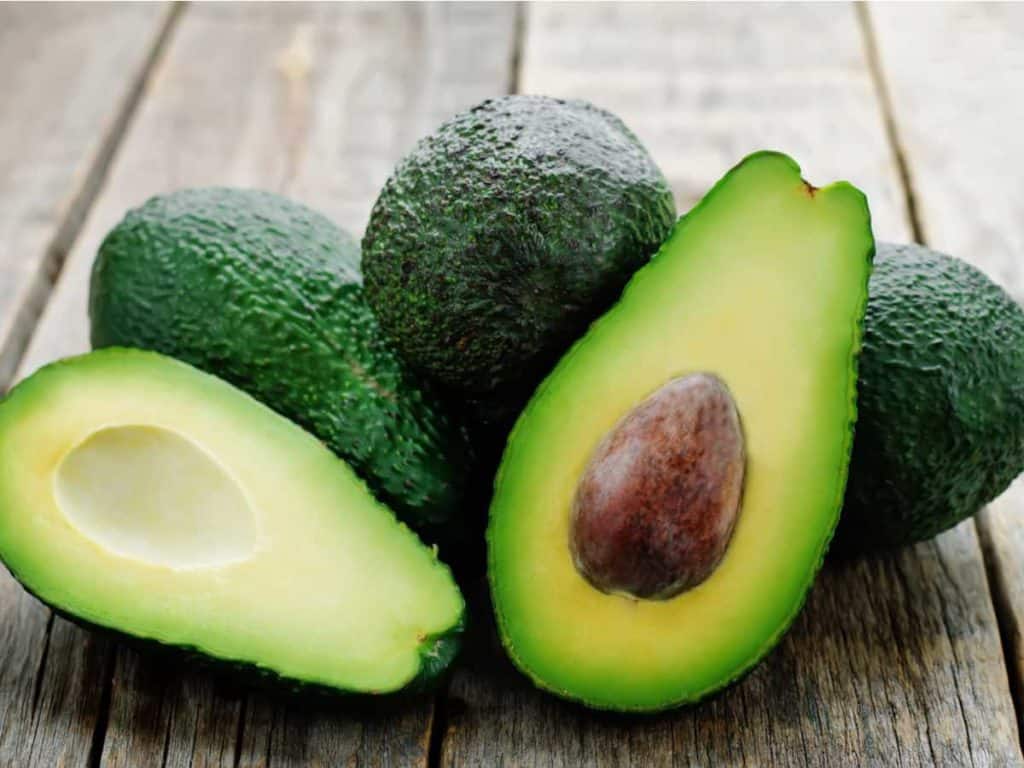
How Do You Ripen Avocado Quickly?
Generally, it takes anywhere from four to seven days for avocado to ripen. In order to ripen avocado at a faster rate, place the unripe fruit in a brown paper bag together with some apples or bananas — the ethylene gas they produce helps avocado to ripen in as fast as two to three days.
If you think that all fruits ripen after being harvested, better think again.
Fruits can either be climacteric and non-climacteric. Simply put, climacteric fruits can ripen even after they are picked. That’s because they emit ethylene, which is a type of gas that enables them to ripen. On the other hand, non-climacteric fruits do not ripen after they are harvested because they can produce very little to no ethylene.
Some examples of non-climacteric fruits include grapes, strawberries, raspberries, pineapples, pomegranates, watermelons and all citrus fruits — once they are picked, they stop ripening.
But the good news is that unripe non-climacteric fruits can still be encouraged to ripen after they are picked. At home, you can do this by placing them in a brown paper bag together with some climacteric fruits. There are plenty of climacteric fruits to choose from — pears, peaches, plums, cantaloupes, papayas, mangoes, apricots, guavas, etc.
Apples and bananas: these climacteric fruits are proven to emit the most amount of ethylene.
And that is why all you have to do is place either of this fruit in a brown paper bag together with the non-climacteric fruits you wish to ripen or climacteric fruits you wish to ripen quickly, such as avocado!
Just Before You Heat Some Avocados
There is nothing wrong with heating avocado. Whether heated in the microwave, oven, grill or skillet, the avocado will still fit for consumption. However, it’s also true that it may become brown and a little mushy. And it may also lose some of its characteristic nutty or buttery taste as well as some heat-sensitive nutrients.
Whether or not you should heat avocado will depend on your taste and preference. Of course, it will also depend on the mouth-watering and nutritious avocado recipe you would like to give a try.
But no matter what, the fact remains that avocado is still one of the most delicious and healthiest fruits on the planet!
Related Questions
Is cooked or heated avocado poisonous?
It’s totally safe to eat avocados after being cooked or heated. While exposure to high temperatures can turn the flesh of an avocado brown and mushy, depending on the temperature and length of exposure to such heat, it does not make it poisonous. Cooked or heated avocado may slightly lose its flavor, too.
Can you eat avocado skin?
Avocado skin is not poisonous. As a matter of fact, it has a high concentration of nutrients. However, it’s not pleasing to eat avocado skin because it’s hard and bitter. Some varieties of avocados, however, have smoother and thinner skins, which makes consuming them together with the skin easier and more delightful.

